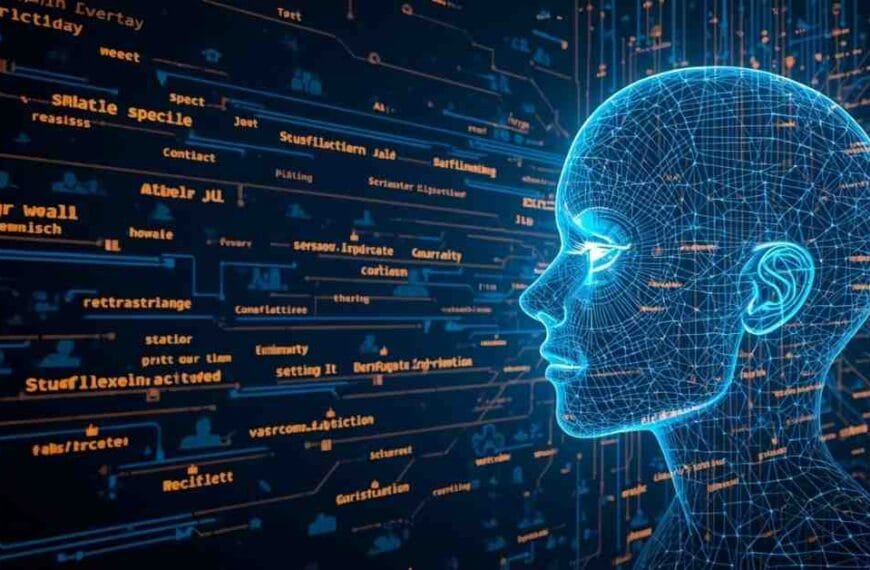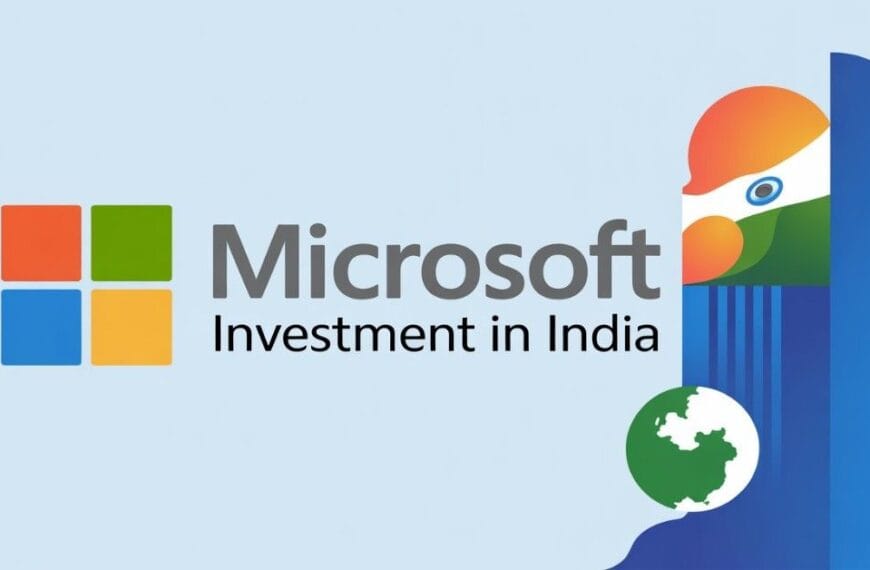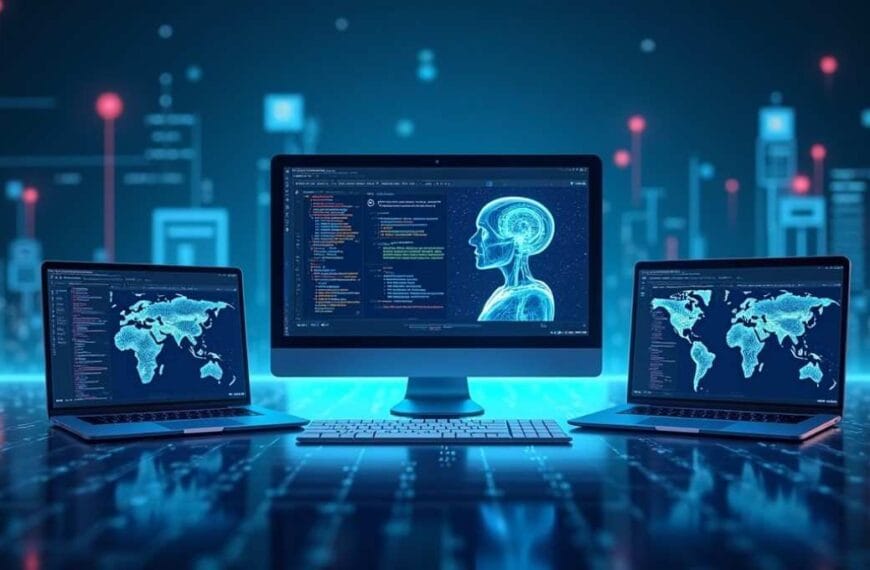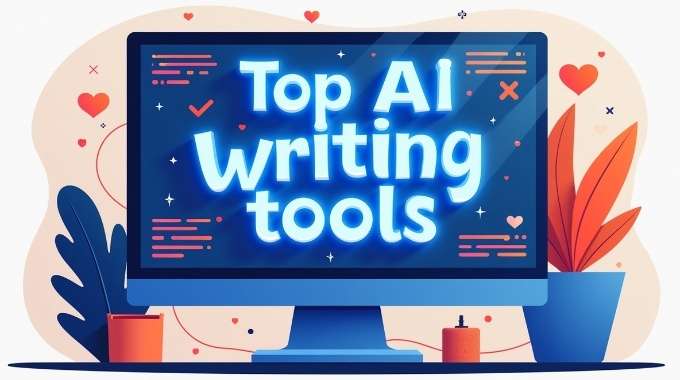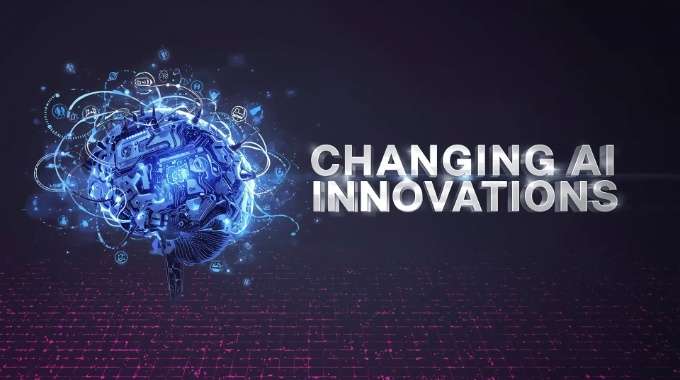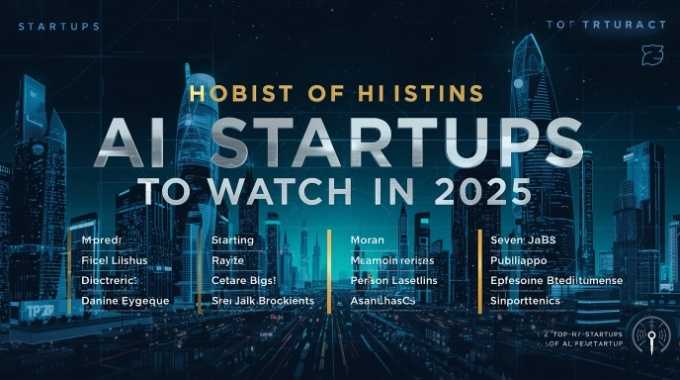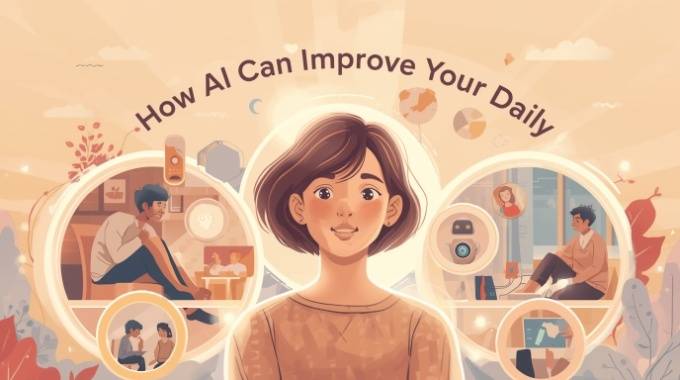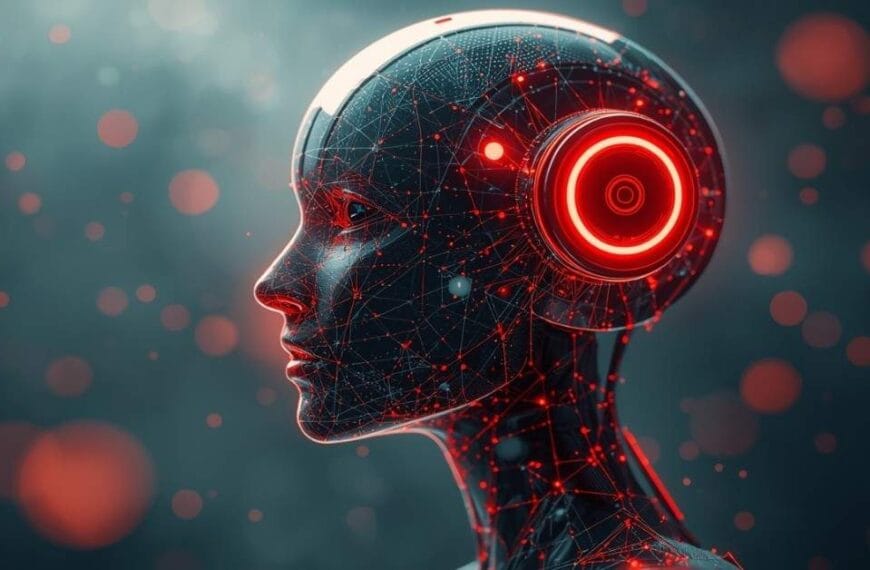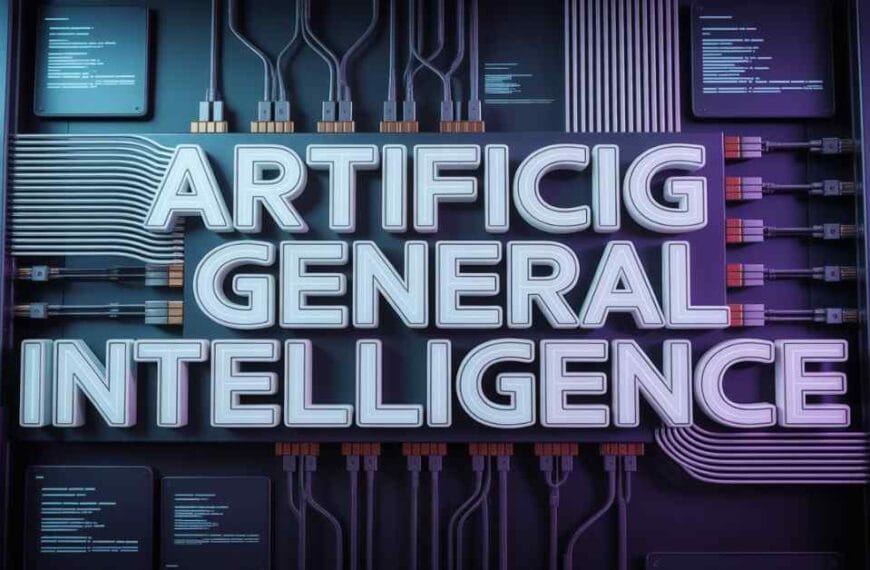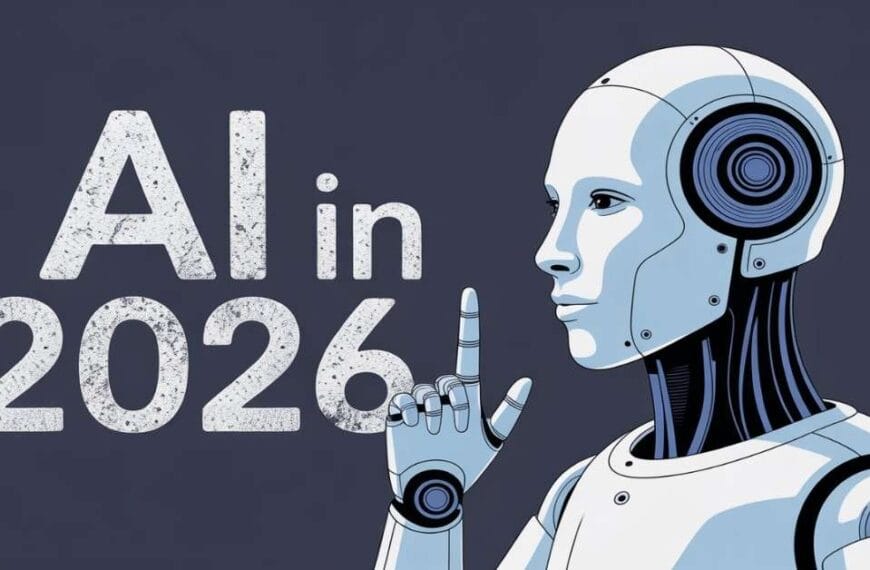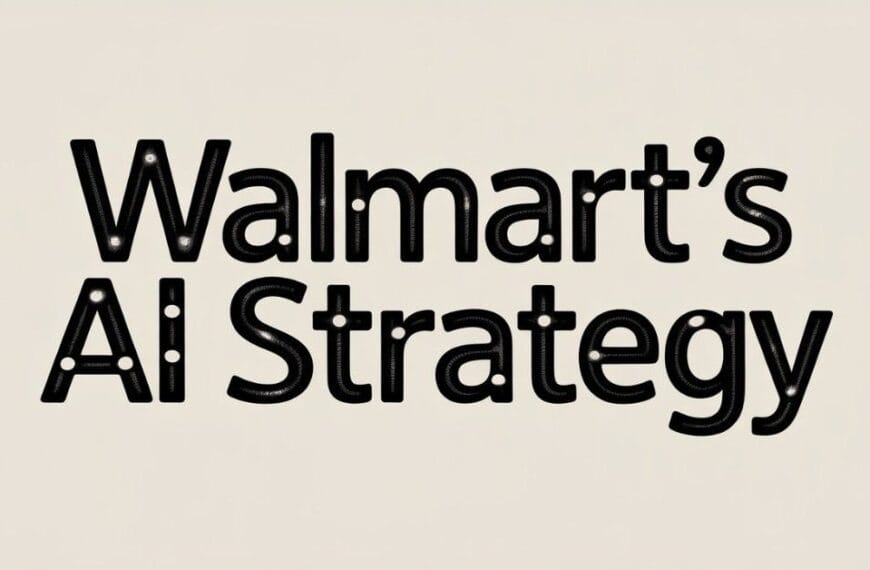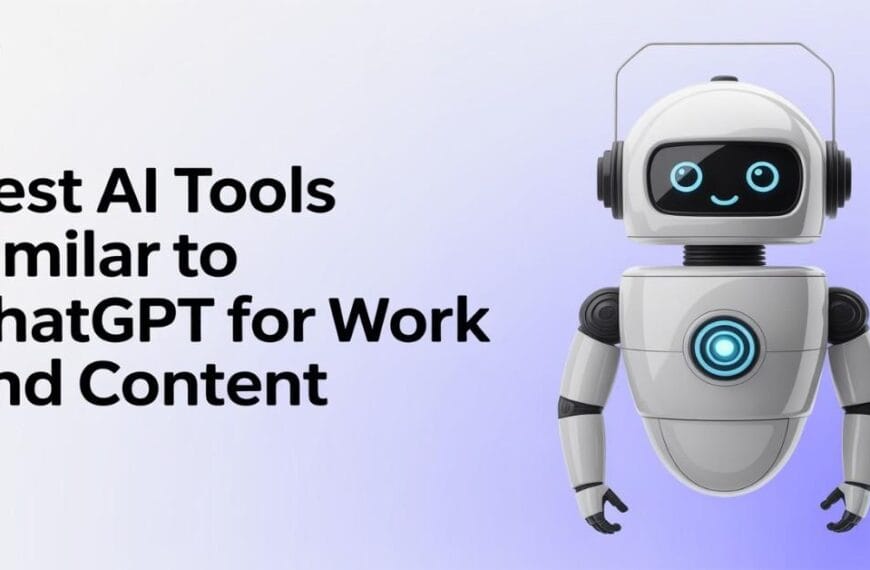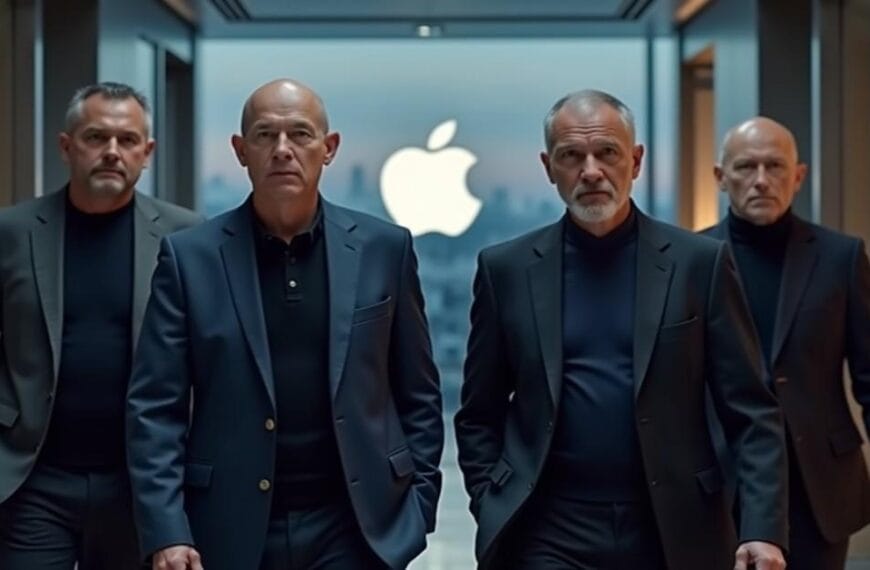Sleep is the most underrated thing in modern life. People chase productivity money career but often forget that a tired body cannot really perform. Doctors always say sleep is medicine but how many of us actually get the full 7 to 8 hours with calm mind. This is where AI is quietly stepping in. In 2025 AI tools are not just for business or coding they are also helping you rest better heal faster live healthier.
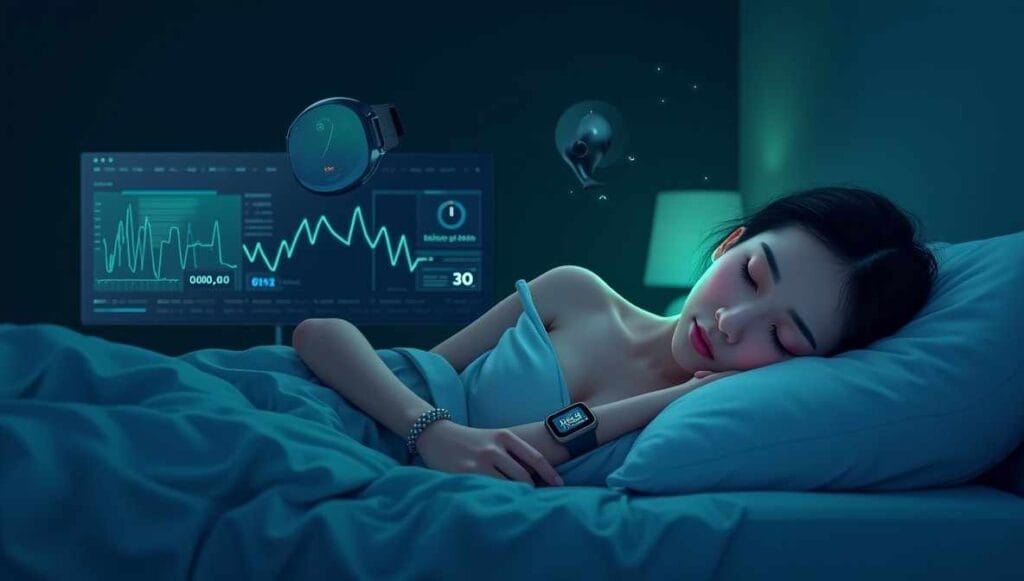
Why sleep and health matter more now
We live in a nonstop cycle. Social media buzzing work deadlines notifications ringing. Mind is never still body is always under pressure. Studies show lack of sleep links to diabetes obesity anxiety even memory loss. Health is not only about what food you eat but how well you recover each night. In earlier times people followed natural rhythm sun rise sun set but now screens keep us awake past midnight. AI is now trying to bring back balance by learning from your habits and guiding you towards healthy routine.
AI wearables tracking sleep
The most common entry point is wearables. Smartwatches rings even bedsheets with sensors. These devices record heart rate oxygen movement and then AI models analyze it. Unlike older sleep trackers that only told you how long you slept these tools can now predict your stress levels suggest when to wind down or even wake you at the exact right sleep cycle so you don’t feel heavy in morning. For example Oura Ring and Fitbit use AI to recommend recovery time. Some even connect with smart lights dimming room automatically.
Personalized sleep coaching
Everyone’s body clock is different. Some are night owls some early risers. Old advice used to be generic like “sleep 8 hours” but AI looks deeper. It notices your caffeine intake your exercise pattern your work stress and builds a personalized bedtime plan. Few apps like Sleep Reset or RISE AI coach act like digital sleep trainers. They nudge you when screen time is too much they suggest breathing exercises they even adjust recommendations based on how you respond over weeks.
AI sound and relaxation tools
Another trend is AI generated sound. Traditional white noise machines played static sounds but AI apps like Endel create adaptive soundscapes that match your current state. Feeling anxious heart racing the app can create calmer tones. Feeling low energy it can generate uplifting background. People report faster sleep onset with these soundscapes because they are not random they are tailored in real time. Imagine AI becoming your personal DJ for relaxation.
Mental health support with AI
Sleep and mental health are two sides of same coin. If your mind races with worry sleep will not come. AI chatbots and therapy assistants are now blending into sleep tools. Apps like Woebot or Wysa talk with you before bed listen to your worries and guide you into relaxation. While they are not replacement for therapist they help reduce that night time overthinking which ruins rest. Some combine CBT techniques with AI conversation to create a calmer mind.
Smart environment control
Good sleep is not just in your head it’s also about room environment. Temperature noise light air quality all matter. AI connected homes are now adjusting these automatically. For instance Nest thermostat learns your comfort pattern sets the room cooler at night then gradually warms at dawn. Smart blinds close themselves when outside light disturbs. Even mattress companies like Eight Sleep use AI to heat or cool each side of the bed based on your body temperature. The idea is to remove every friction between you and deep rest.
AI for better health monitoring
Sleep is one part but AI also helps with wider health. Continuous tracking of blood pressure sugar heart signals can predict illness before it worsens. Some startups integrate this with sleep tracking because disturbed sleep often is first sign of disease. AI dashboards show correlations like “your sugar spikes are worse on nights with only 5 hours sleep” or “your workouts improve when you get REM sleep above 2 hours.” This makes health management proactive instead of waiting for doctor visit.
AI supplements and diet suggestions
Food plays role in sleep too. Heavy meals late night coffee after 6 pm all disrupt rest. AI nutrition apps analyze your eating habit and warn you in advance. For example if you log dinner at 10 pm the app may tell you “digestion will delay sleep try lighter meal.” Some even recommend supplements like magnesium or melatonin only if your data shows consistent trouble. Instead of random pills it’s guided approach.
The casual side of AI sleep tools
It is not always heavy science. Many people use simple AI apps just to set mood. AI story generators now create personalized bedtime stories not only for kids but also adults. Imagine listening to a calm narrative made for you every night different every time. It’s a mix of entertainment and therapy. Even meditation apps are becoming smarter they know when your stress is high and automatically select shorter or longer sessions.
Challenges and concerns
But let’s not paint only rosy picture. AI sleep tools also raise concerns. Too much reliance on devices might make people anxious if they forget to wear watch. Since health and sleep information is highly personal data privacy is another concern. Businesses guarantee security yet breaches may occur. Additionally as AI is constantly learning suggestions may seem overly general or even incorrect at times. Use tools as a guide but don’t replace your own body awareness balance is necessary.
What the future looks like
By 2025 and beyond AI will integrate more seamlessly into daily life. We might see pillows with AI vibration gently waking us without alarm clocks. Hospitals could monitor patient recovery using AI sleep analytics. Workplaces might design schedules around employee circadian rhythms measured by AI tools. The line between personal and medical use will blur. Ideally this will create society that values rest more than grind.
Final thoughts
At the end sleep is basic need not luxury. AI is not miracle but it is giving us smarter ways to listen to our body and care for health. Whether through wearables AI sounds smart homes or diet suggestions the aim is same help humans rest heal and perform better. In a world that never stops maybe the real innovation is learning how to pause.
